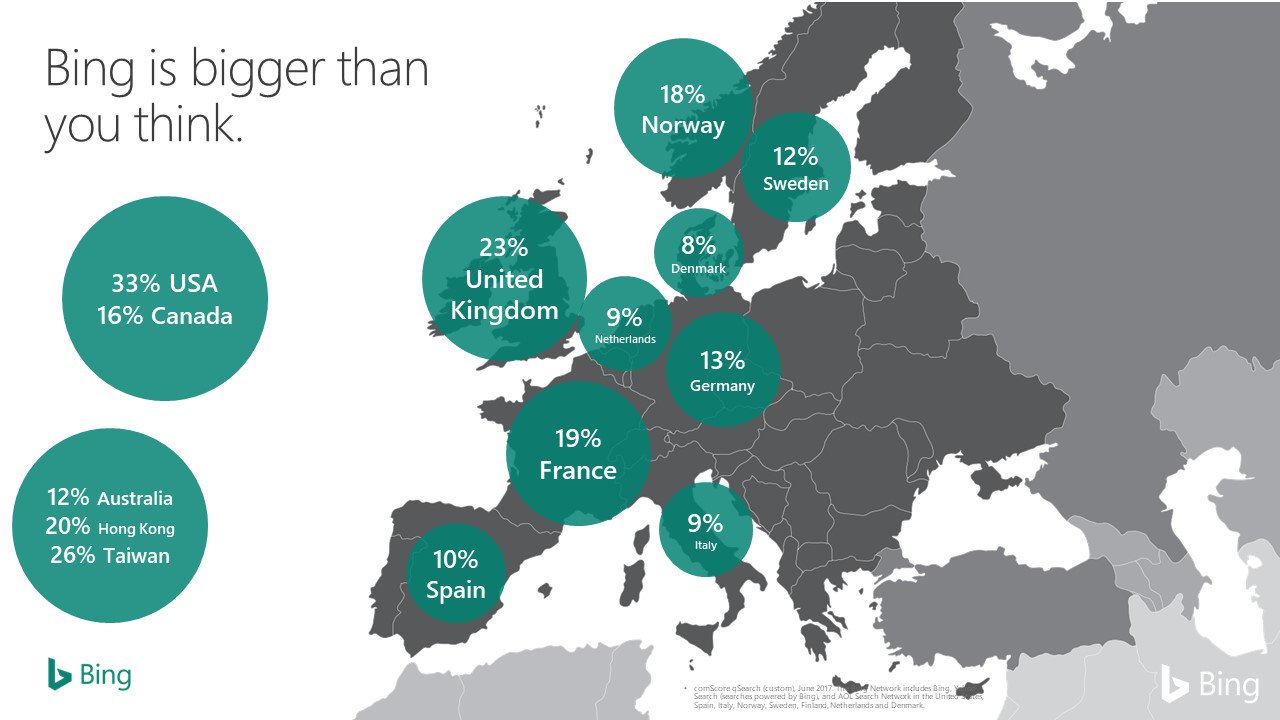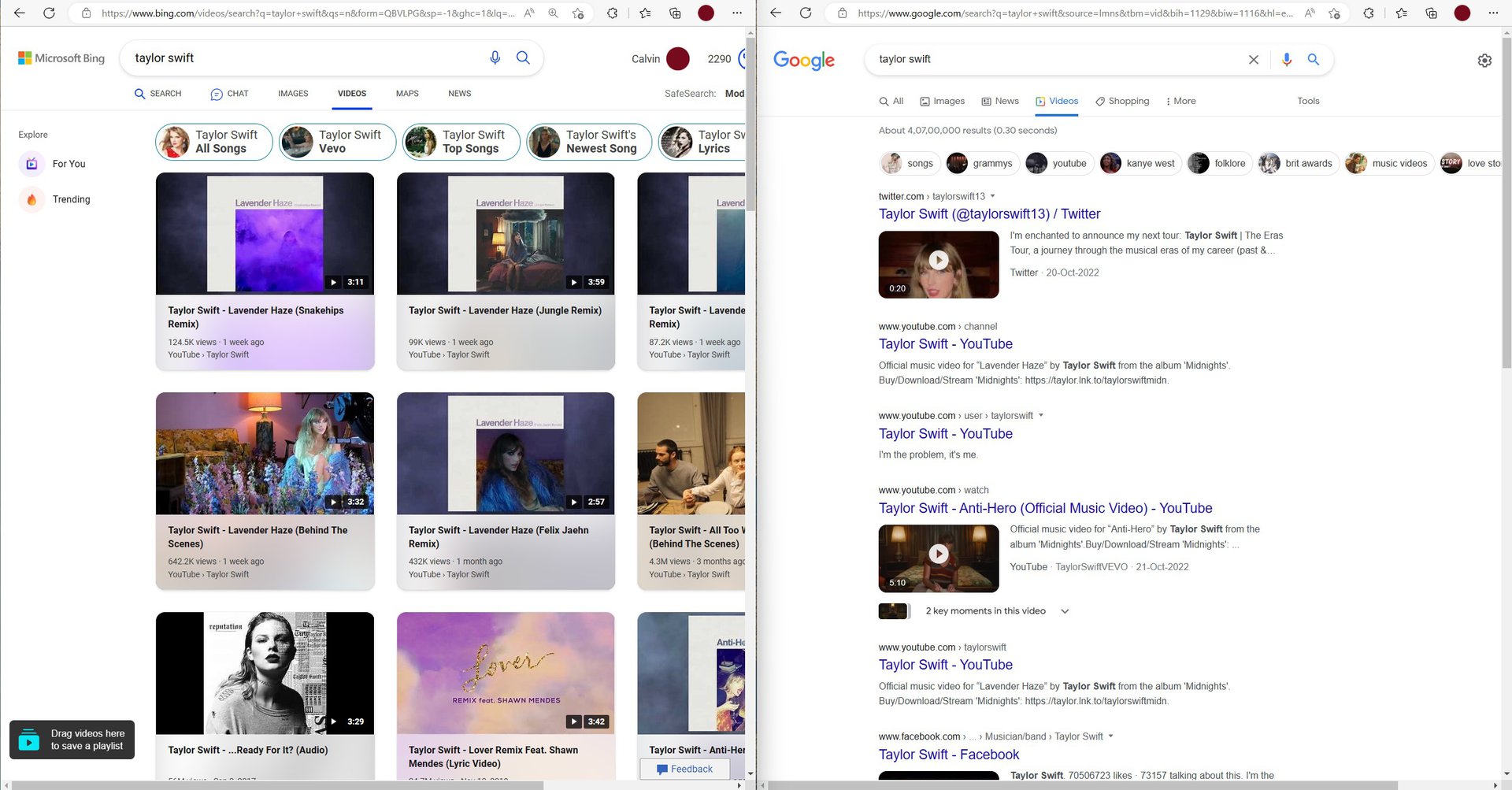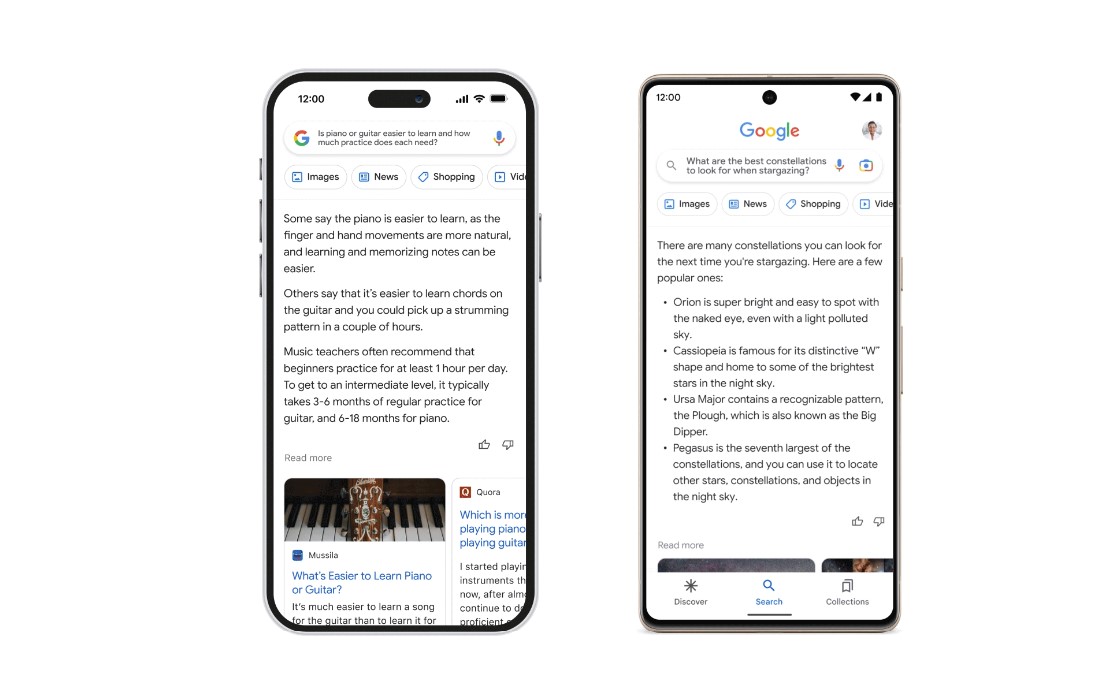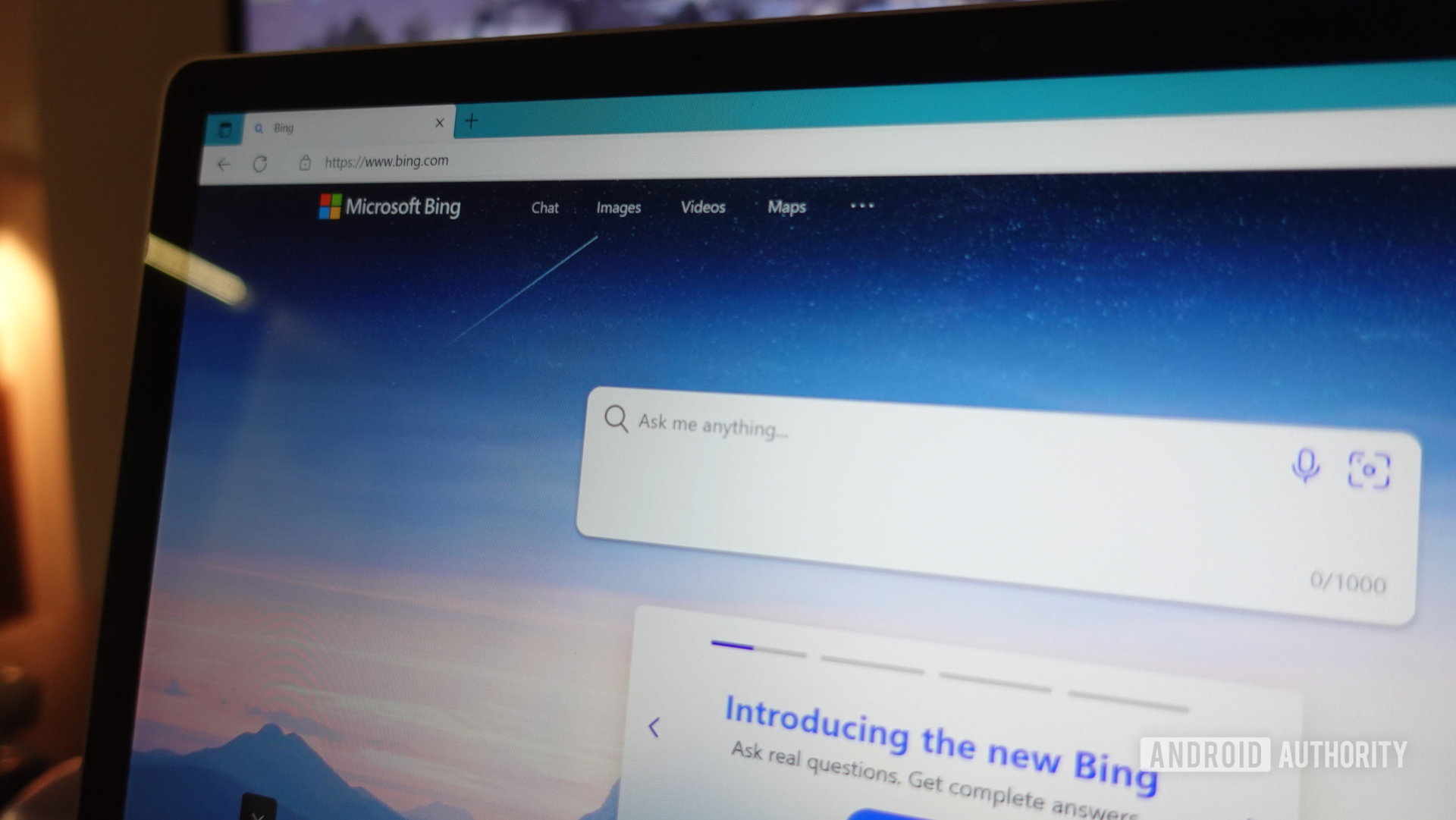The following Is a transcript of Big Technology Podcast, edited for length and clarity. You can listen to the full episode on Apple Podcasts, Spotify, or your app of choice.
Sridhar Ramaswamy is CEO of Neeva, an ads-free search engine he helped found after running Google’s ads and commerce business. Ramaswamy spent seventeen years inside Google, and eventually grew disillusioned with its ad business. Now, he’s trying to build the solution with $77.5 million in funding. In this conversation, we discuss his evolving view on advertising, what decoupling search from ads allows from a product standpoint, and how the current antitrust environment is opening Google up to competition.
Alex Kantrowitz: Google, where you used to work — they call it Alphabet now — made $31.9 billion in search ad sales last quarter alone, up from $24.5 billion in Q1 2020. YouTube ad sales were up 49% to $6 billion in Q1. This growth is going to hit a ceiling, one would imagine?
Sridhar Ramaswamy: That will happen when digital advertising is most all of advertising, and we have not quite hit the ceiling yet. We’ve hit ceilings in a number of areas, like smartphone sales — year on year it’s not really growing significantly — but he move to online advertising is part of the way there.
Yet you’re building a search engine with no ads?
In the history of business, there has never been a company that’s commanded 90+ percent market share in a market that’s $100+ billion. If you look art previous cases of what has disrupted them? It is typically a subscription play. What did HBO do to Time Warner? What did Netflix do to ad-supported television? What did Amazon Prime do to traditional e-commerce?
The common theme is the subscription model. Back to my earlier point about how smartphone sales have tapered off, Apple has actually not grown revenue significantly, but its subscription business and stock are growing because it has invested more and more into services and subscriptions.
So, Neeva is an entirely subscription-based search engine, trying to follow this pattern?
The ads model has always gotten disrupted. I know from both personal experience and the enormous amount of user studies that we have done, that there is resentment about it. So we wanted to create Neeva as a product that catered only to customers and was very, very strict about things like not having ads in it.
To us, subscription search was the way to create a superior product. And having really squeaky clean business principles — not just no ads, but no affiliate links ever, no data getting packaged and sold ever, being privacy-first — all of those are consequences of the model where we say, “We want to create the best product for you.”
So is your product going to be a nice luxury product — privacy for the rich — or do you think it can be something that will appeal to the masses? And if so why?
Our aspiration is to be a product that everybody will want. Search is something that people do a dozen times a day, there are not many things that people go back to time and time and time again. We think of ourselves as creating a daily-use product without any worries, without any gadgets, so we think will be able to price this at a point where lots of people really, really get value from it, and will pay for it.
Scott Galloway, who wrote “The Four,” compares Google to God. It used to be you would ask God, “When will my sick kid be healed?” Now you type the symptoms into Google. I suppose it doesn’t occur to us that when we’re speaking to our god stand-in we’re speaking to an advertiser at the same time.
You know something? The ad-supported model, even for queries like that sick child, tends to favour high engagement sites that have figured out how to get your attention, and how to cram a lot of ads. In fact, I joke to people that anytime I do a medical search and go to a medical health site, generally my conclusion is like, “I have a serious problem and I’m dying.”
I went to WebMD a little while ago and it was for scratchy throat, and WebMD was like, “Well, you may just have the common cold, or you might have Ebola.”
It’s the same as clickbait. It’s the system that is working as it is designed, On those queries the features we at Neeva think about are, “How do we surface government website? How do we surface high authority websites, and not the ones that are chasing after clicks?” Part of the benefit of the subscription model is that it can focus a lot more on what is authoritative, what is higher quality information for you.
Okay, but isn’t the purpose of Google to get you useful results so that you just keep coming back?
The answer depends on what queries you’re thinking about. When it comes to commercial queries, the algorithm is now optimized towards showing your results in which you click on ads, and those are the ones that are taking up more and more of the space. One of the ways in which you get that growth is by taking that extra line, and search ads over the years have gone from taking 3% of the result on the page to 10%, 20%. I joke to people, if you search on a place like yahoo.com, even on a large screen you only see ads. And so, there is now this very strong incentive to show you results that are ads. And ads are a conflict of interest for the search engine. Should they show you an ad or should they show you the best result?
It’ll surprise you to know that one of the biggest feature asks that we have, are things like, “I want to control what retailers I see. I do not want to see big retailers when I search. I want smaller retailers. If I’m looking for clothing I only want to be shown stores that make a commitment to ethically sourcing their material.” Not showing the top retailer in the country is not an option for an ad-driven search engine. For us, it’s a feature we must build because that’s what keeps you as a customer.
Right, because that top retailer is also going to be a top advertiser for Google.
That’s right.
You also allow people to also tailor the news results they want to see. On NFL draft weekend, I was searching for the Jets picks and Neeva let me decided whether I want to see more ESPN or more of the fan blogs when I search. That struck me as a cool feature — now I have some more control in terms of what I’m seeing when I search — is that intentional?
That’s 100% intentional. Giving you agency over the search results is one of the things that we focus on a lot. The other features we have built around personalization being able to bring your personal data into a safe environment where you can search. Lots of us have multiple email accounts multiple [Google] Drive-like accounts, I was talking to someone I think that had nine email accounts that they connected to their Neeva account because they were like, “Yeah, how am I going to search through all of them?”
So, things like personalization, giving you agency, is very much a core part of the product. And in some ways we are impatient about the tech that we have to build, because we want to be able to support things like this more and more.
With news, we worry about things like filter bubbles. We have ideas for how we present different perspectives. In a couple of months I want to be able to come back to you and say, “Hey, Alex you’re a public personality, would you be open to having your news preferences be available to any nearby user, so they can see the world the way you see it?”
Oh that’s interesting.
I often have diametrically opposite viewpoints on my screen. I like looking at CNN on one side and Fox News on the other side and going, “This is the same country, this is my country. Let’s see what’s here.” It goes back to this thing of — you have choice and we should make it possible for you to exercise choice in different ways.
I was going to ask you the filter bubble question but you preempted me. The most basic layer of this is to pick your news sites. But then one level deeper than that is starting to pick viewpoints — do you want the left or the right view?
Or, do you want a particular person’s view? We relate to people we don’t relate to abstract concepts. So, you want to see the world that Alex does, or David Brooks? To me that’s super cool. We are a signed-in product, we are a subscription product, I’m not ashamed of either of these. I believe capitalism should enable great products at scale, so I don’t think of ourselves as creating somehow this elitist premium product. You pay for it but that makes the product better, that allows us to serve you better. And along the way we want to be able to build the features that make the product your own.
Could any of this stuff happen at Google? Because I imagine Google allowing people to customize the publishers that they get, or making decisions about what type of publications to show, would be a little bit tricky…
Google can do anything. It’s an enormously powerful, enormously successful company. But then people ask me, “Why did you not want to do this within Google?” The answer is that sometimes principles have to be thought over from the ground up, and a successful company is necessarily and correctly hesitant about what it sees as heretical ideas. And so this is the reason why I felt it was really important that I press the reset button in my life. Some things are easy, but will Google ever really want to create a completely ads-free product in which you can customize everything? I say they can do everything, but at this point in their history with all the antitrust stuff, it is also going to look very odd if they were to do that right now. I think this is one of those classic cases where success hinges on a set of parameters that are going to become hard to change, especially after you achieve, what, $120 billion of success. That’s a lot of dollars speaking here.
When you talk about “heretical ideas,” would it be a heretical to bring this ads-free idea up inside Google?
I’ve done many of these things before. Even the move that we made to have desktop and mobile advertising be a single concept, we call this enhanced campaigns, this was like 2013, 2014….
Inside Google?
Inside Google. And it is just so hard to pull off because you have people that are wedded to one way of doing things. I was in charge of making all of the shopping property into a paid property. So, I’ve gone through these changes, but some changes are extra super hard.
I want to hear a little bit more about your personal story. We talked a little bit about how ads have started to fill up more and more of the Google page. This happened under…
My watch.
So did it happen slowly where you started to say, “Maybe this isn’t the right way to do search,” or did it happen all at once?
I was the exec in charge of many of the increases in ad load, there was an expectation of a certain amount of growth, there were a set of techniques that were available for how you increased growth, you’re always very thoughtful about the trade-offs implied by growth. There came a certain point in time that when it came to the overall ad ecosystem I said, “I don’t want to be working on that anymore.” I’m an accidental ads person, I had nothing to do with ads before I joined Google. I joke to people, my first boss found the word “database” in my resume and sent me to work on the ad system, that was the reason why I’ve worked on ads for 15 years.
If you look at the math of how Google works, a vanishing fraction of people work on Google search…The size of the Google Ads team and the Google Ads product team dwarfs that of the search team.
Sridhar Ramaswamy
Neeva CEO, former Google Ads boss
This idea of Neeva came later. We love the problem, with a different model it can be a powerful differentiator. I started the subscription business initially as, “This is the best way to provide alignment between you, the customer, and as the provider.” But then you learn all of these other qualities that they bring. 100% of your team is focused on creating the product. If you look at the math of how Google works, a vanishing fraction of people work on Google search. And you would think like, “How can that be?” But that’s the reality, the size of the Google Ads team and the Google Ads product team dwarfs that of the search team.
The Google ads team’s bigger than the search team?
100%.
Wild.
And if you take the ads business team and the ads product and engineering teams, they’re way larger than the search team.
Obviously people are going to look at it as competitive to your old employer. Did you worry about relationships there or how it might be received? What has the feedback been from your former colleagues?
I obviously do worry about it, I have a lot of close relationships with a lot of people at Google. And I would roughly say that feedback falls into two buckets, one set of people that go like, “Yeah, we understand why you’re doing this and why you didn’t think you could do this within Google.” And a different set that goes, “We wish, really, you had done this within Google because if anyone could have changed what Google was, it should have been you.”
Both are reasonable points of view and there are some people that don’t just want to deal with it, this is all too much for them, and I respect those points of view but at some level one has to be driven by what one sees is the right, long-term outcome. I personally do not think of ad-supported free products as being good for consumers, good for our country in the long term, because it is very hard for them to stay true to what you and I want, as users, and as customers of these products.
That conflict of interest is just really, really unavoidable. And the fact of the matter, Alex, is that while at one level the products are free, all the benefits of scale for products like this, they go to the creator of the product, they don’t come to you and me. When it comes to Neeva, for example, I talk about charging a subscription of like $5 to $10 at most per month.
Okay, so we got the price…
And as we gain scale I expect the product to actually get cheaper over time. When you start with a free product the product does not get any freer for you, all the benefits of scale go to the creator of the product. So, in many ways, I actually see these as not even working with the same principles of capitalism that’s worked so well for us as a country, and honestly as a globe, for the last 100, 200 years. And so we think a back to basics of, “You’re the customer you pay for the product, in the long term it’s going to give us better products than free products that basically they all charge the advertiser.” And do you know who then turns and gives you and me a higher price?
The advertiser.
They’re the retailer, they are the merchant. And in ecommerce, by the way, it’s well known that a marketplace can squeeze out between 15 to 20% of GMV..
Which is?
The Growth Merchandise Value. If you run a marketplace and…you’re selling goods worth $1 billion, you can extract between 15 and 20% of that as an ads tax just by showing ads on top of that marketplace, but it comes from the users, that customers of the marketplace, you and me. So, this whole fallacy that ad-supported products are good because they give everything else to us for free is just what it is, it is a fallacy. You and I are paying just indirect place and not knowingly.
One of the things that’s been left unsaid through this whole conversation is that with search you just type in your intent, you don’t really need to be tracked, and the advertiser goes in and tries to match their ads with the keywords you type. They don’t really have to know who you are. And in fact, a lot of people would say that Google search ads are the least invasive of all ads online…
First of all, there’s no limit to how many ads can be shown to you. By the way, it is perfectly legal under current interpretations of antitrust, for the entirety of a search result page to only have ads. It’s perfectly legit. And the fact that so much of your attention is taken by these ads and you have to make a conscious effort to get past them, is a subtle and indirect tax. All of us are more susceptible to having our choices influenced than honestly any of us wants to admit, and so how are choices presented to you?
We’re very suggestible.
How are choices presented to you has a huge influence. And so the fact that you have to go through reams and reams of these affects you, even if you think it doesn’t affect you. I tell people, “I eat what I keep on the surface on my kitchen.” I think I’m full of self-control but, honestly, I just see what’s out there, over the long term. So, I think there is that effect.
The other thing to keep in mind is that keeping track of conversions, wherever they happen on the internet, having all of the data come back to Google, come back to Facebook, is the core part of ads technology. And it is then very difficult to then say that this information is not going to be used to serve ads in other places.
To give you a concrete example, your searches can be used to show you ads on YouTube, they can be used to show you ads on Gmail. And so there is really no limit to how information gets used, and this is one of the reasons why we are so adamant about having these core principles for Neeva. Your data is yours, we are not going to profit off of the data, other than in creating the service that works for you.
Yeah, there used to be a firewall between what you searched for on Google and the search ads you were shown, and the rest of the business, Eventually was broken down. How did that happen?
It is a very long and very complicated topic, but…
Give us the Cliff Notes.
The Cliff Notes is roughly that whenever you were signed in across different Google properties, it was always okay for that information to get moved around to show you ads, that was always part of the equation. There were boundaries that were kept between what happened outside Google and what happened inside Google, but information always flowed into Google via the various conversion tracking pixels that there were.
Last thing we should talk about is the fact that Google is under some antitrust scrutiny right now, because of the way that it’s iced out businesses like yours. The Department of Justice is suing Google over how it’s paying Apple billions of dollars a year to be the default on the iPhone and iOS. Is it intimidating to you to try to go up against Google now knowing the tactics?
Choice is important. Search is the gateway to information for tons and tons of people. So, when it comes to Google and search, yes I worry about just getting in front of users. We understand that we have a lot more to build — whether it’s in terms of personalization or the 1,000 features that people have — but I can tell you with a straight face that there is also an amount of joy that people get when they use Neeva, that feeling of relaxation, “Oh wow, I’m not getting stressed out by lots of stuff,” is also very real.
So, I worry about having the chance to get in front of you, to get in front of 100 other people like you, and say like, “Hey, give us a chance. If you think it’s worthwhile pay, If not that’s also fine.” To me that is the important part, and the DOJ case at least gets to the heart of it, which is, how does a monopoly not prevent others from even being able to compete? It is a fair chance that I want for you.
The DOJ is taking on Google in terms of its search distribution deals. Where do you think this all leads? Because these hearings could go on forever, the cases could go on forever, but do you as a business owner that could really use a little bit of help, anticipate it’s ever going to show up?
The scrutiny helps, I think it heightens awareness that these are real issues. Do I expect an actual outcome in this? No, not anytime soon. But the scrutiny helps, it gives us that little bit of a chance.













